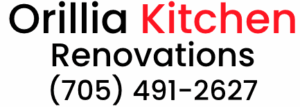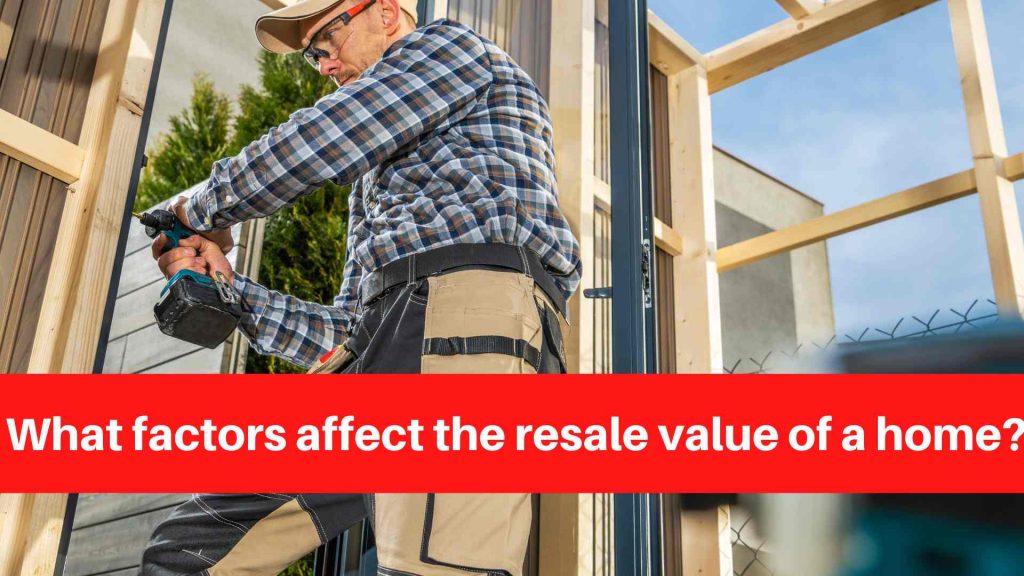Factors Affecting the Resale Value of Your Home
A number of factors can influence a home’s resale value. These factors include the home’s size, appeal, age, and condition, as well as the neighborhood’s quality, the market, and nearby features.
Historic sales prices can help you determine how much similar homes in the area have sold in the past. This information can help you determine the value of your home.
Another critical factor to consider is the neighborhood’s quality. A desirable neighborhood has higher resale values than a less desirable area.
The market conditions when you sell your home can also have an impact on its resale value. If there is a high demand for homes in your area, your house may sell for a higher price than it would in a slower market.
Schools, parks, and shopping centers in the neighborhood can also have an impact on resale value. Homes in close proximity to these amenities tend to sell for more than those in less convenient locations.
Finally, your home’s size, appeal, age, and condition will all influence its resale value. A larger, more appealing home will usually sell for a higher price than a smaller, less appealing one. An older home may require more repairs and updates than a newer one, potentially lowering its resale value.
-Previous Sales Prices
It’s no secret that home prices have skyrocketed in recent years. Indeed, the National Association of Realtors reports that the median sales price of existing homes has increased by nearly 6% since 2016. However, as we all know, real estate is highly location-specific, so just because prices are rising nationwide doesn’t mean your home’s value has risen at the same rate.
-Neighborhood Quality
One of the most important factors in determining your home’s resale value is the quality of your neighborhood. Your home will be worth more if you live in a safe, desirable neighborhood rather than a less desirable area. When evaluating the quality of your neighborhood, consider the following factors:
– Security: How secure is your neighborhood? Are you at ease walking around at night? Do you avoid certain areas because they make you feel unsafe?
– Desirability: Would someone want to live in your neighborhood if they saw it? Is there a good school close by? Is there any green space or other amenities that make it a desirable place to live?
– Location: Is your neighborhood in the center of town or on the outskirts? Is there public transportation or major highways nearby?
-The Marketplace
The current state of the housing market is the most visible factor. If prices in your area are rising, your home’s value is likely to rise as well. If prices are falling, your home will likely lose value.
-Nearby Attributes
The most important factor in your home’s resale value is its location. If your home is in a desirable neighborhood with good schools, amenities, and transportation options, it will be much easier to sell than a home in a less desirable area.
-Size, Appeal, Age, and Condition of the Home
The size, appeal, age, and condition of your home are all important factors to consider when determining its resale value. Here’s a closer look at each of these key elements:
Size: The larger your home, the more it will sell on the open market. If you plan to sell your home, you should consider increasing its square footage. (if possible).
Aesthetics are important when selling a home. If your property has good curb appeal, it will be more appealing to potential buyers and command a higher price. Before listing your home for sale, spend some time sprucing up the landscaping and making any necessary repairs or upgrades to the exterior.
Age: In general, newer homes sell for more money than older homes. If your home is starting to show its age, you may need to make some updates or renovations to increase its value.
The condition of your home is another important factor in determining its resale value. If your property is well-maintained and in good repair, it will be more appealing to buyers and command a higher market price.
Tips for Increasing Resale Value
There are a few things you can do to increase the resale value of your home. First and foremost, consider curb appeal. Because this is the first thing potential buyers will notice, make sure your home looks its best from the outside. To make a good first impression, paint the trim, mow the lawn, and plant some flowers.
Examine your kitchen and bathrooms next. These are two of the most important rooms in a house, so make sure they’re in good condition. Clean and declutter them as much as possible, and consider updating outdated fixtures and appliances.
Finally, don’t overlook general maintenance tasks. Repair any cracks or holes in the walls, replace any damaged flooring, and ensure that all light fixtures are operational. By attending to these minor details, you can help ensure that your home is in excellent condition when it comes time to sell.

